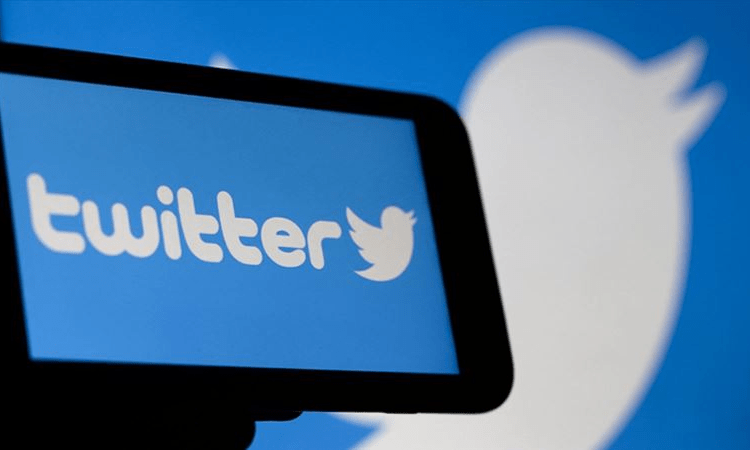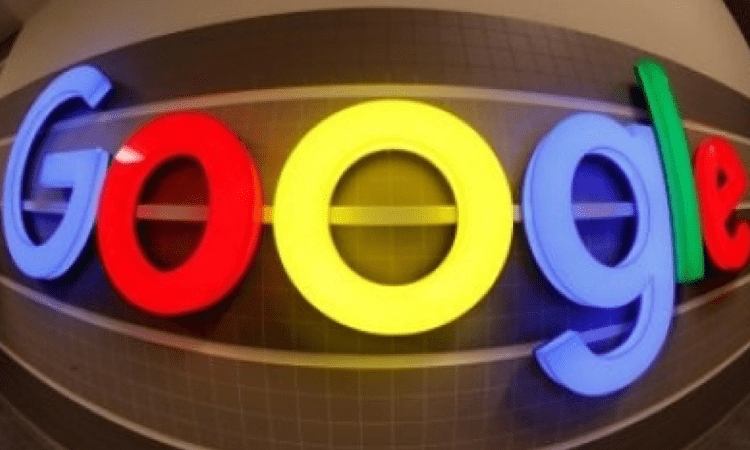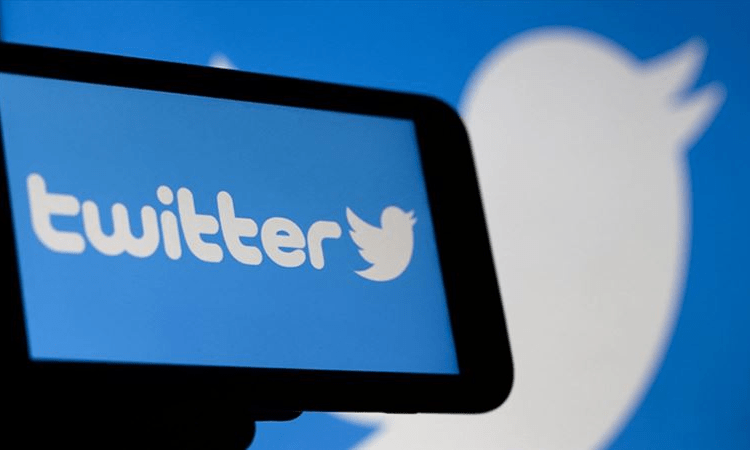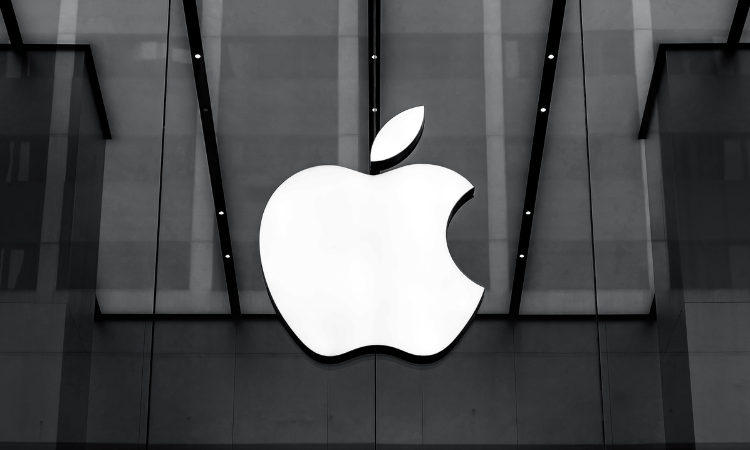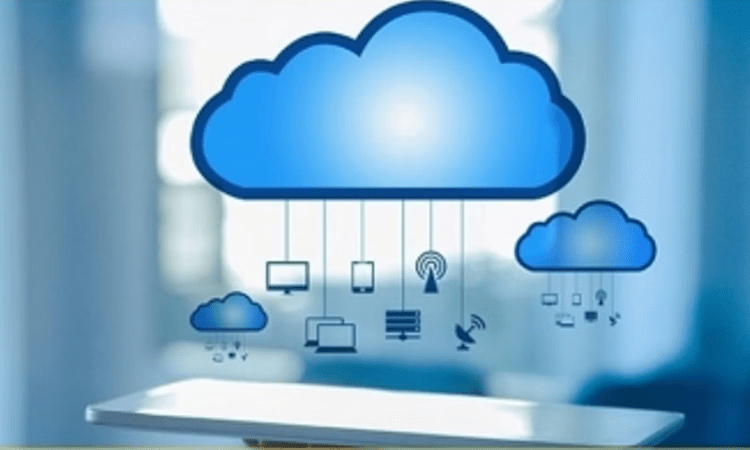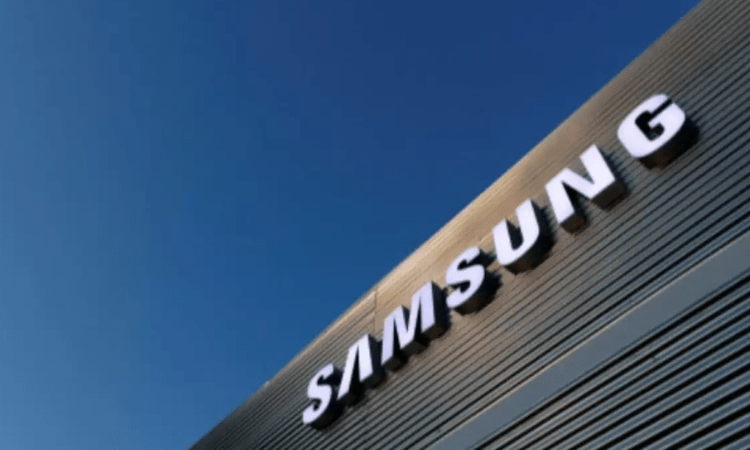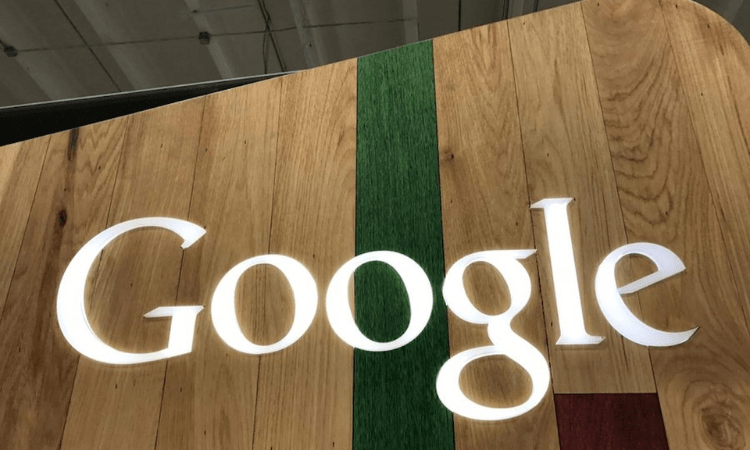Meta-owned Instagram has announced that it is extending access to elements of the creator marketplace via API (Application Programming Interface), making it easier for brands to discover and continue working with creators on the third-party creator marketing platform they already use.
The company is also expanding creator marketplace access to brand agencies.
“Today, we’re announcing new ways to discover and reach Instagram creators by expanding access to brand agencies and testing integrations with top creator marketing platforms,” Instagram said in a blog post.
Instagram launched its creator marketplace last year as a new destination for brands and creators to connect and form branded content partnerships.
The first API features ‘Prioritised DMs’, which will allow brands to easily reach creators in a priority inbox on the creator marketplace — without ever leaving their preferred creator marketing platform.
The second API features ‘Project Briefs’, which will allow brands to publish structured project briefs to the creator marketplace straight from a third party.
The company is testing these APIs with a small cohort of leading creator marketing partners, including Aspire, Captiv8, and CreatorIQ.
Moreover, Instagram is also testing dedicated access to the creator marketplace for brand agencies to let them manage creator discovery and collaborations on behalf of their brand clients.
The company is testing this access with a small cohort of partners, including Influential, WPromote, Rickhouse Media, Power Digital, Dentsu, OMG, and Brkfst.
With this expansion, brand agencies will be able to find the best talent for their brand clients, track creator conversations with a dedicated folder, and work with creators effectively and see progress.



